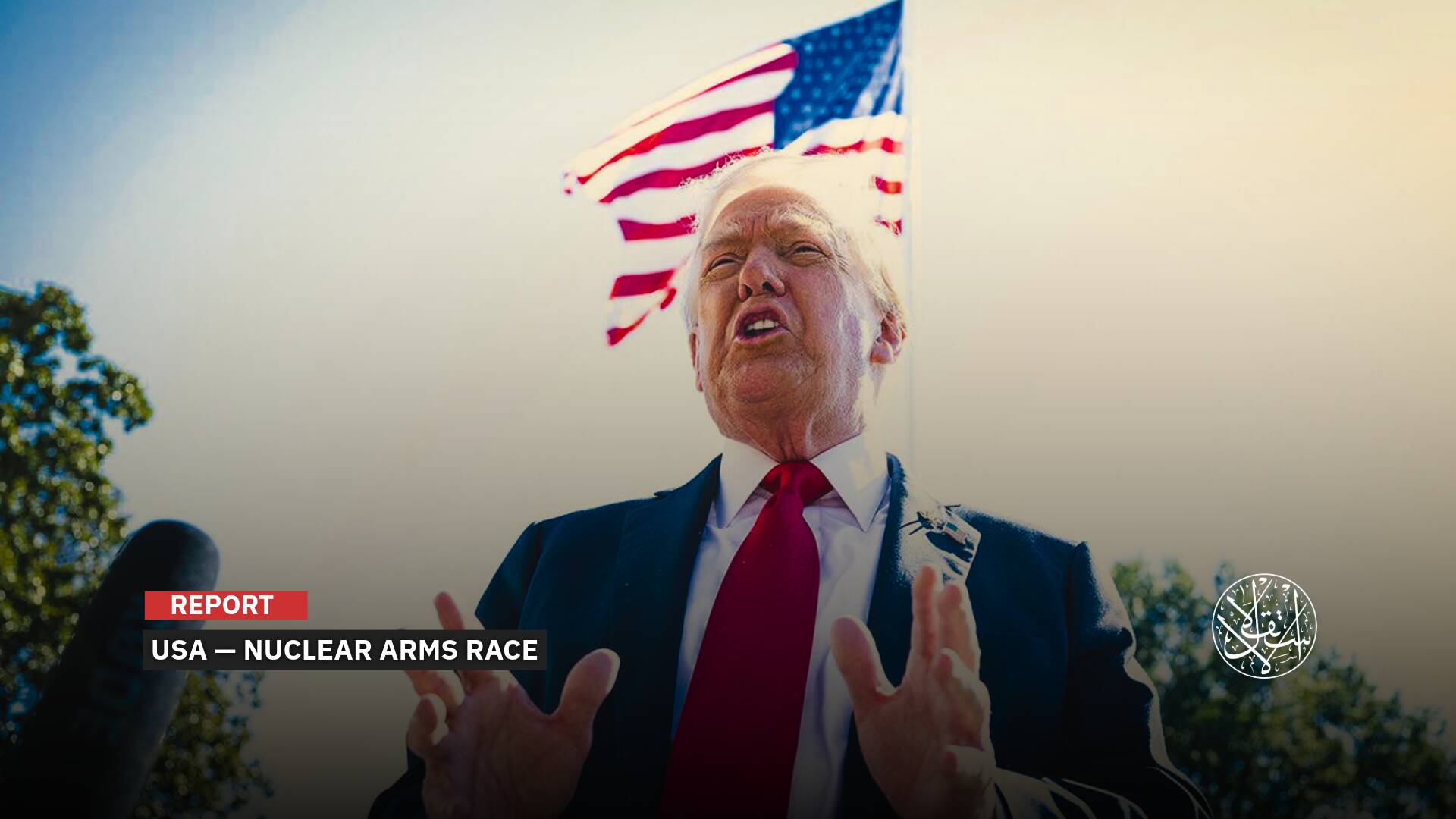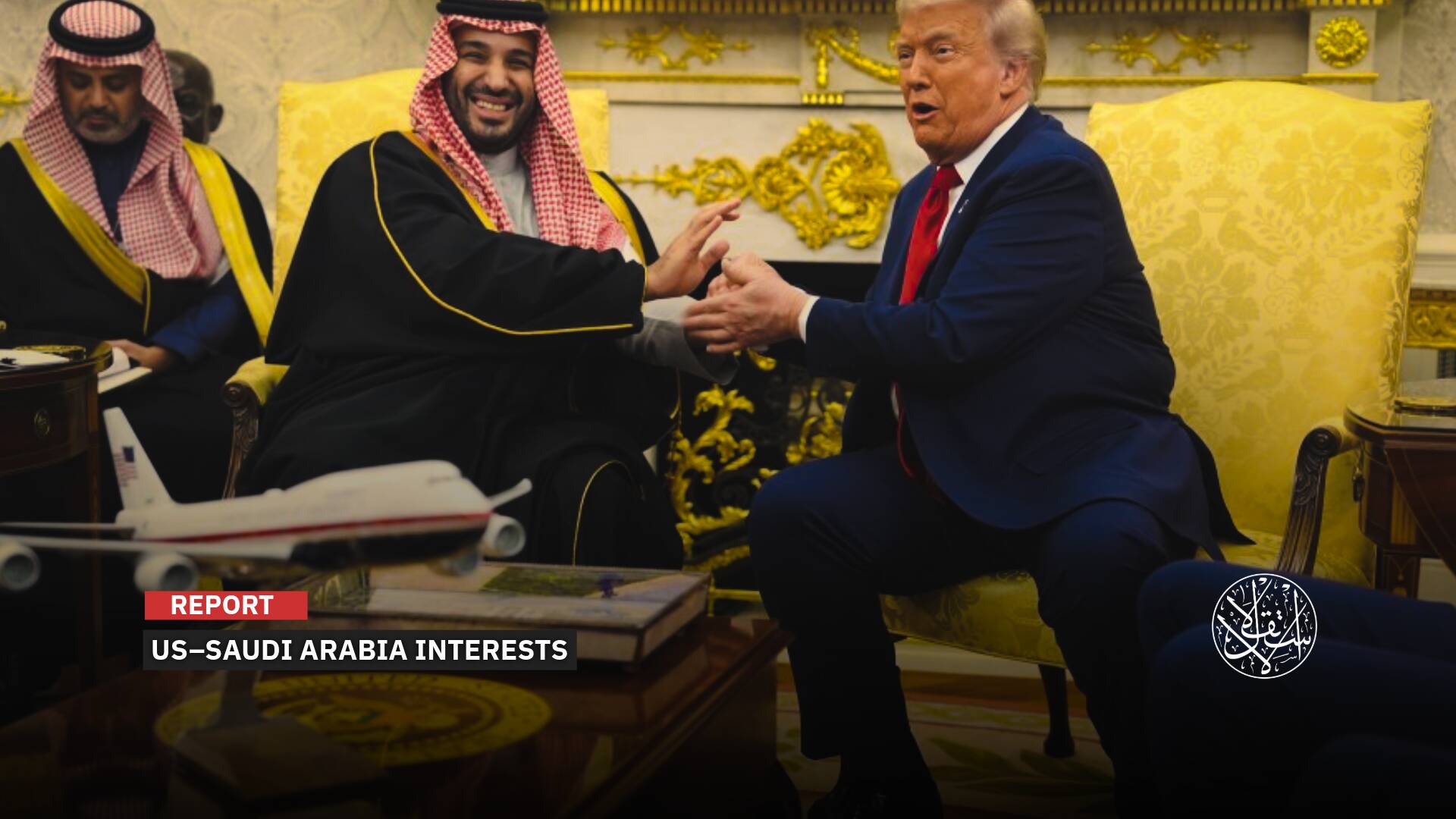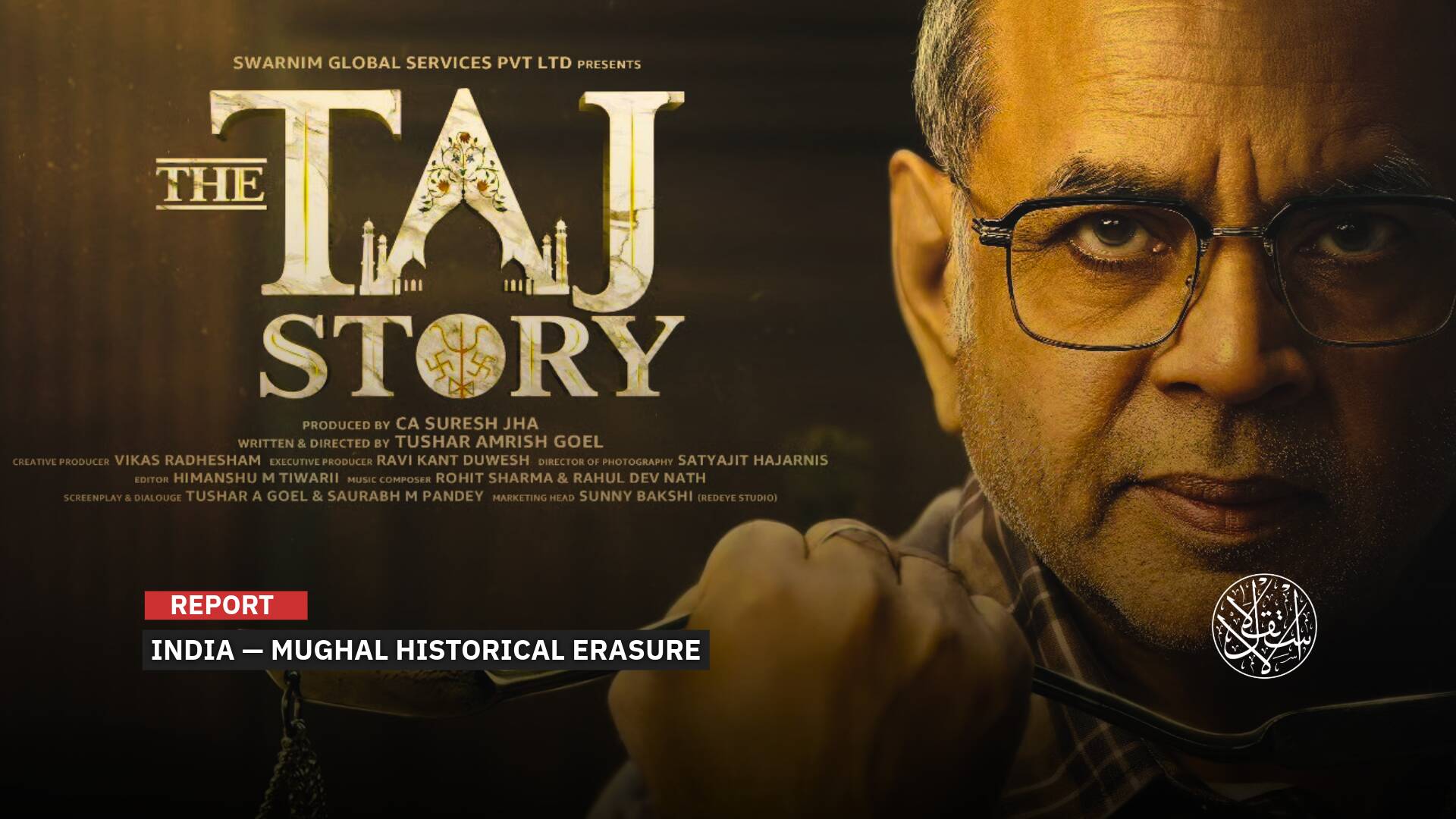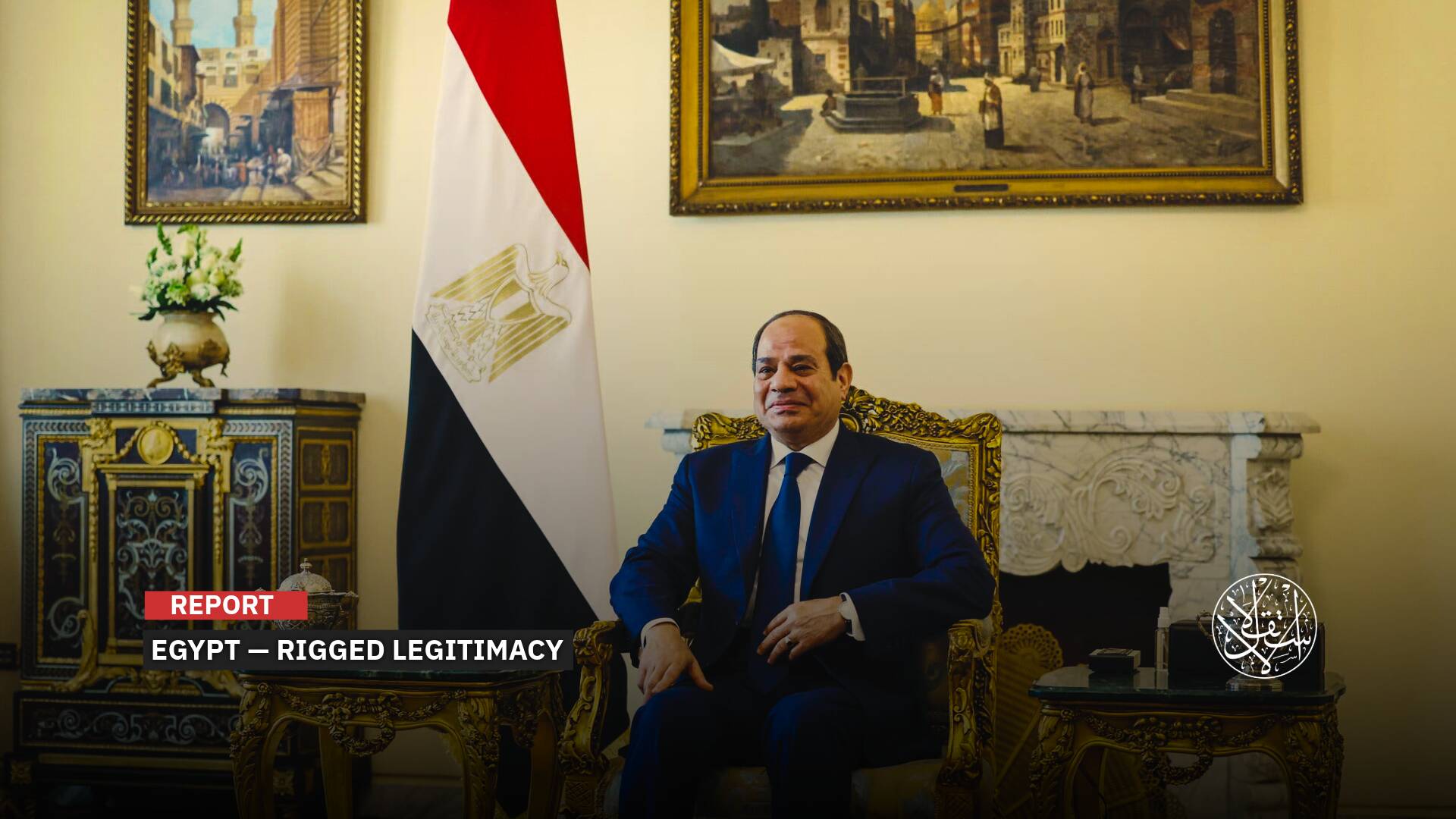Tory Corruption: How the Second Jobs of British MPs and Ministers Sparked Widespread Controversy

In a political prank with investigative purposes, a British recruitment campaign organized interviews for British Tory MPs with a fake South Korean company, during which they revealed their expectations for their wages, which seemed imaginary amid the cost-of-living crisis plaguing the British, as reported by British media.
During the interviews, both Conservative MPs and former ministers, Matt Hancock, who served as Minister of Health during the period of the spread of the COVID-19 pandemic, and Kwasi Kwarteng, who held the position of Minister of Finance for a short period in the fall of 2022, agreed to work for £10,000 per day to promote the interests of a bogus South Korean company.
The latest disclosure of proposed daily earnings rates for outside work is expected to spark a fresh row over second jobs for MPs.
Britons expressed their shock at the successive Conservative Party scandals, pointing to Prime Minister Rishi Sunak’s promises of government integrity at all levels.
Others shared the investigation revealed by The Guardian and used the hashtag #ToryCorruption to call for a general election now.
Tory Corruption
The Guardian revealed that former health secretary Matt Hancock and former chancellor Kwasi Kwarteng were deceived into promoting a South Korean company for a huge sum of money, which sheds light on the file of second jobs for British legislators and the imaginary salaries that they may receive, as well as the conflict of interest between their official capacity and their additional jobs.
According to recent reports, a company called Hanseong Consulting sent an email to about 20 lawmakers, including former ministers.
In the letter, it said it wanted individuals for an international advisory board to help its clients navigate the changing political, regulatory, and legislative frameworks in the U.K. and Europe.
It added that the advisors would be required to attend 6 board meetings annually, with a very attractive remuneration package and generous international travel expenses.
The majority of deputies did not respond, but Hancock and Kwarteng began negotiations via Zoom. Hancock was asked: “Do you have a daily rate?” He replied: “Currently yes, £10,000 (€11,340).”
Hancock faced criticism for appearing in the fall on a reality TV show in Australia while he was an MP.
Kwarteng replied he would not accept less than $10,000 (€9,280) a month, before eventually demanding £10,000 a day.
In September, when he was chancellor, Kwarteng presented a budget that caused a storm in financial markets, and he was ousted from the government a few weeks later.
MPs and former minister Stephen Hammond revealed, at the end of last week, that he was also a victim of fraud, pointing out that the company was exposed as it was fake and had a fake website.
Graham Brady, chairman of the 1922 Committee, a committee of backbench Tory MPs that oversees the work of the parliamentary party, attended an online meeting with the fake firm from his parliamentary office.
During this, he said that £6,000 ($7,336) a day seemed good, noting that any payments would be in the public record.
The Guardian explained that senior politicians adhered to all relevant rules during the interviews and indicated their obligations to their constituents during the initial meetings.
It is legal for MPs to work outside their office in the U.K., which places no restrictions on the amount of income MPs can earn, but requires them to declare their income on a public register.
Although these meetings with the bogus company did not essentially lead to final arrangements, the MPs’ foreign earnings are currently under intense scrutiny due to the country’s economic crisis.
It is noteworthy that the alleged company that contacted the politicians was not real and had a primitive website with fake testimonials.
The Home Office had asked MPs to be wary of the threat of foreign interference, and the campaign’s investigation showed the ease with which they seemed able to reach MPs.

Led By Donkeys
On its part, the Labour Party announced that it would ban most second jobs for members of parliament if Keir Starmer’s party wins the next general election, describing the developments as shameful.
“I don’t think anyone can watch this video without feeling disgusted,” Labour MP Lucy Powell said, pointing to a problem with the existing rules.
Thangam Debbonaire, the shadow leader of the House of Commons, said: “Being an MP is a full-time job. Tory MPs should not be using their taxpayer-funded offices to line their own pockets. This is shameful at any time but particularly during the cost-of-living crisis.”
“Rishi Sunak promised a government of integrity at every level, yet his own MPs are seemingly breaching the rules. He must act and remove the whip from those involved. Labour will put an end to MPs raking in thousands of pounds on the side and act to restore trust in politics,” she added.
Britons shared the investigation exposed by The Guardian and used the hashtag #ToryCorruption to demand that a general election be held now.
#ToryCorruption we need a #GeneralElectionN0Whttps://t.co/PnSx8w83yJ
— Mozz (@mozzandcoxy) March 25, 2023
The Led By Donkeys campaign, which was run by investigative journalist Anthony Barnett and several other journalists, was praised by many Britons; to expose the corruption of the Conservative MPs.
Great work by Led By Donkeys! #Conservatives exposed as clowns! #ToryBritain #ToryCorruption https://t.co/pwJ9gSIi7x
— Matt Parkes (@ParkesMatt) March 25, 2023
Led by Donkeys was established in 2018 as a campaign in response to Brexit. Its high-profile projects and satirical stunts have since included a spoof episode of the BBC show Line of Duty with Boris Johnson being interrogated by the anti-corruption AC-12 unit and painting the colors of the Ukrainian flag outside the Russian embassy in London.
Some also highlighted that common employees are just public servants who comply with the same rules and laws as any other employee, and their positions should not be an opportunity to earn millions at the expense of taxpayers.
#government are public servants, the key is in the name. It should not be an opportunity to make millions at the taxpayers expense. #Conservatives #ToryCorruption
— Matt Parkes (@ParkesMatt) March 25, 2023
Under the heading of the fake company, many tweeters expressed their dissatisfaction with the exploitation of some members of Parliament for their positions to profit in illegal ways, indicating that they serve the rich but do not have time for the poor.
Tory legislators for hire:
— Prem Sikka (@premnsikka) March 25, 2023
Former chancellor Kwasi Kwarteng and former health secretary Matt Hancock agreed to work for £10,000 a day to further the interests of a fake South Korean firm.
They serve the rich but have no time for the poor and sick.https://t.co/glHealECER
Many of the tweeters demanded the withdrawal of confidence from former health secretary Matt Hancock and former chancellor Kwasi Kwarteng and their removal from their positions as MPs in the House of Commons and their trial.
Resign @MattHancock
— Yabba (@welli69haj) March 25, 2023
Resign @KwasiKwarteng #ToryCorruption https://t.co/vXxpylPH9W
The tweeters highlighted the National Health Service (NHS), which suffered from neglect and default over ten years during the rule of the Conservative Party, noting that they are destroying the British economy.
First they trash the NHS
— alan seymour (@sportmarketing1) March 25, 2023
Then they trash the economy
Tories are serial cheats charlatans Cowards #ToryCorruption#ToryCriminals https://t.co/cvOpsk99gJ
External Revenue
British MPs have declared £8.07 million ($9.9 million) in outside earnings in the past year, including payments for second jobs, speeches, TV appearances, and books, with the former prime minister Boris Johnson accounting for more than a quarter of the total, according to a report by the Press Association published in late January.
Johnson earned £2.3 million ($2.8 million) in the past 12 months, on top of the £84,000 ($103,900) salary he received as a Tory MP.
Johnson’s total outside earnings make him the highest-paid MP over the past year, far outstripping his predecessor Theresa May, who declared £965,000 ($1.19 million) in speaking fees.
Most of May’s earnings are used to fund her private office and charitable work, with the former prime minister drawing an annual salary of £85,000 ($105,000) in addition to her Tory MP’s pay.
Just three MPs account for half of declared outside earnings: Johnson, May, and former attorney general Geoffrey Cox, who earned £880,290 ($1.09 million) from his legal work.
Tory Geoffrey was criticized in 2021 after it emerged that he had used a proxy to vote in Parliament while working on a corruption inquiry in the British Virgin Islands.

Other high earners include Tory Matt Hancock, who has declared £442,697 ($547,000) over the past year, including £320,000 ($396,000) from appearing on I’m a Celebrity…Get Me Out of Here!
It is noteworthy that 9 of the top 10 earners were Conservative MPs, according to the agency’s report.
Some 39 MPs were paid more than the median U.K. salary of £31,000 ($38,000) in outside earnings alone, although 409 declared no outside earnings at all.










